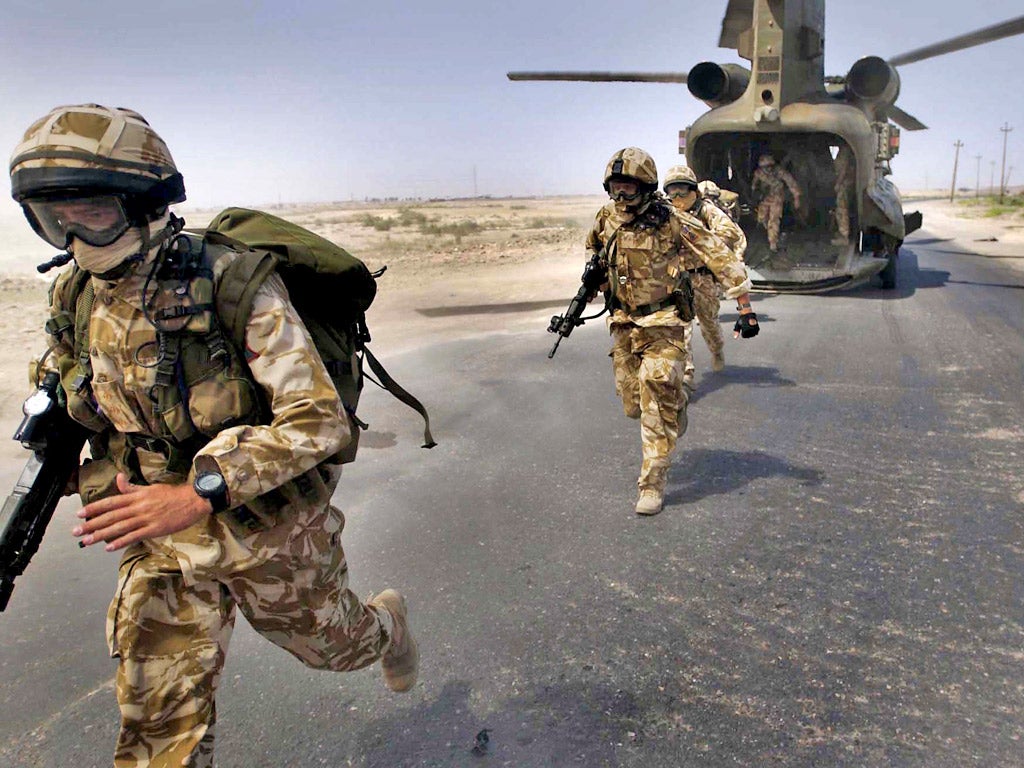Transatlantic exchanges that helped take the West to war

In Sir John Chilcot’s diplomatic shorthand, they are the “difficult documents”. For the rest of us – those looking to brand Tony Blair and George Bush as war criminals, or those who believe the pair saved Iraq from the excesses of Saddam and the world from a potential WMD catastrophe – they are the communications that will reveal how close Washington and Whitehall were in the run-up to the 2003 war.
The classified documents the Chilcot team have been shown, and want to publish, are thought to relate to when and how Mr Blair made commitments to his US counterpart. “Commitment” and what that meant to Mr Blair is at the heart of the disclosure row.
In the insider account of the Iraq war preparations by the Watergate reporter Bob Woodward, there is a description of Alastair Campbell being congratulated by Mr Bush about how committed his boss was to the imminent conflict.
“Your man has cojones,” the spin-doctor was told. The translation is unambiguous. The brave Blair – and his testosterone – will be there for me.
Chilcot needs more than anatomical metaphors. In the covert preparations for Iraq, where the Blair Cabinet were told little and apparently knew less, the inquiry now has knowledge of what scraps they were thrown. The contents may damage Mr Blair; they may also damage the MPs for not demanding to know more.
In the US, the intelligence experts were telling the White House what they wanted to hear: that the evidence for Saddam holding weapons of mass destruction, at least for the CIA, was a “slam dunk case”. So what did Mr Blair reveal to his Cabinet? Did the CIA hand on their insight (which was proved wrong)? And when Blair changed from a “humanitarian” conviction that Saddam needed to go, to a position based on the threat to the UK from Iraq, did his discussions and communications with Washington explain to President Bush how the moral swap might go down back home?
If Mr Blair is criticised in the report’s main text, and Chilcot cannot publish the allied evidence in the way he wants, then the criticism is invalid, the report is pointless, and there will be no lessons for future UK government to learn.
If, as suspected, Chilcot is leaning towards a conclusion that Mr Blair, “oversold” the war, and that his chief of staff, Jonathan Powell, used to joke about Blair’s “messiah complex” – who was this shared with? Who knew? Ten years on, the protected documents and their contents appear as out of reach as they were in 2003.
Subscribe to Independent Premium to bookmark this article
Want to bookmark your favourite articles and stories to read or reference later? Start your Independent Premium subscription today.

Join our commenting forum
Join thought-provoking conversations, follow other Independent readers and see their replies